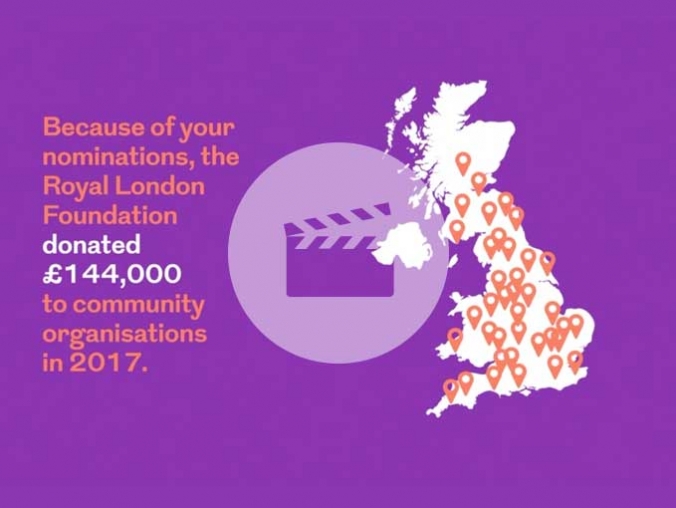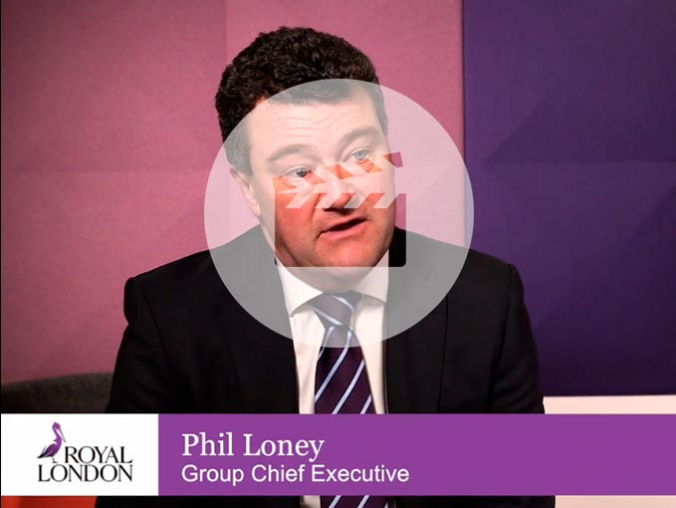

Self-assessment: what is it and do you need to do it?
Getting your tax return information in order can help you to avoid any potential fines later on
Every year, many thousands of people miss the deadline for submitting their self-assessment tax return, and are fined as a result. Around 870,000 people missed the 2016 deadline, receiving an initial £100 fine, plus extra penalties in some cases.
So what is self-assessment, who needs to do it, and what are the challenges people face when submitting their return?
What is self-assessment?
Self-assessment is a system HMRC uses to collect income tax. “If you are a full-time employee then tax is usually deducted automatically from wages, pensions and savings,” says Helen Morrissey, Personal Finance Specialist at Royal London. “However, the self-employed and people with income from other sources must report this in a tax return.”
Who needs it?
The gov.uk website outlines who will need to fill out a self-assessment tax form. These include:
- Self-employed people.
- People with income from savings and investments of more than £10,000 before tax.
- People who have made a profit from selling things like shares or a second home, and have incurred a capital gains tax liability.
- People whose income (or their partner’s) was over £50,000, and one of them claimed Child Benefit.
What do you have to do?
You can send your self-assessment tax return either online or on a paper form. If completing the form online, you will need to submit your tax return via the Government Gateway service. To do this you will have to enrol for the service with HMRC and receive your Unique Tax Reference (UTR).
Activating your account can take up to 10 working days and it can take a further 10 working days to receive your UTR. “Many people do not realise this and try and set up their account at the last minute, meaning they miss the deadline,” says Helen.
The information you need
While you are waiting for your activation and UTR it is a good idea to gather the information you will need to fill out your form.
If you are self-employed you will need any invoices and receipts for work you carried out during this time, as well as bank statements and interest certificates.
If you are claiming due to Child Benefit issues then copies of either your or your partner’s P60 will give you important information needed to fill out the form. Paperwork for any investments will also prove useful.
Getting help
“If the situation is relatively straightforward, for instance, someone doing occasional freelance work, then filling in the form should only take a matter of hours,” says Helen. If you have any queries, contact the HMRC helpline on 0300 200 3310.
If you feel like you need more support, it might be worth enlisting the services of an accountant to help you file your tax return.
More for you

Insight into Work: come and work with us!
Our Insight into Work programme means members and their families can experience work at Royal London. Five of our newest candidates tell us about their time working with us
MORE
Royal London Foundation: supporting your communities
Thanks to your nominations, we’ve been able to provide funding for not-for-profit organisations across the UK. Here are a few stories of those who received support from us
MORE
Supporting members
Group Chief Executive Phil Loney highlights the new and exciting benefits available for our valued members
MORE


